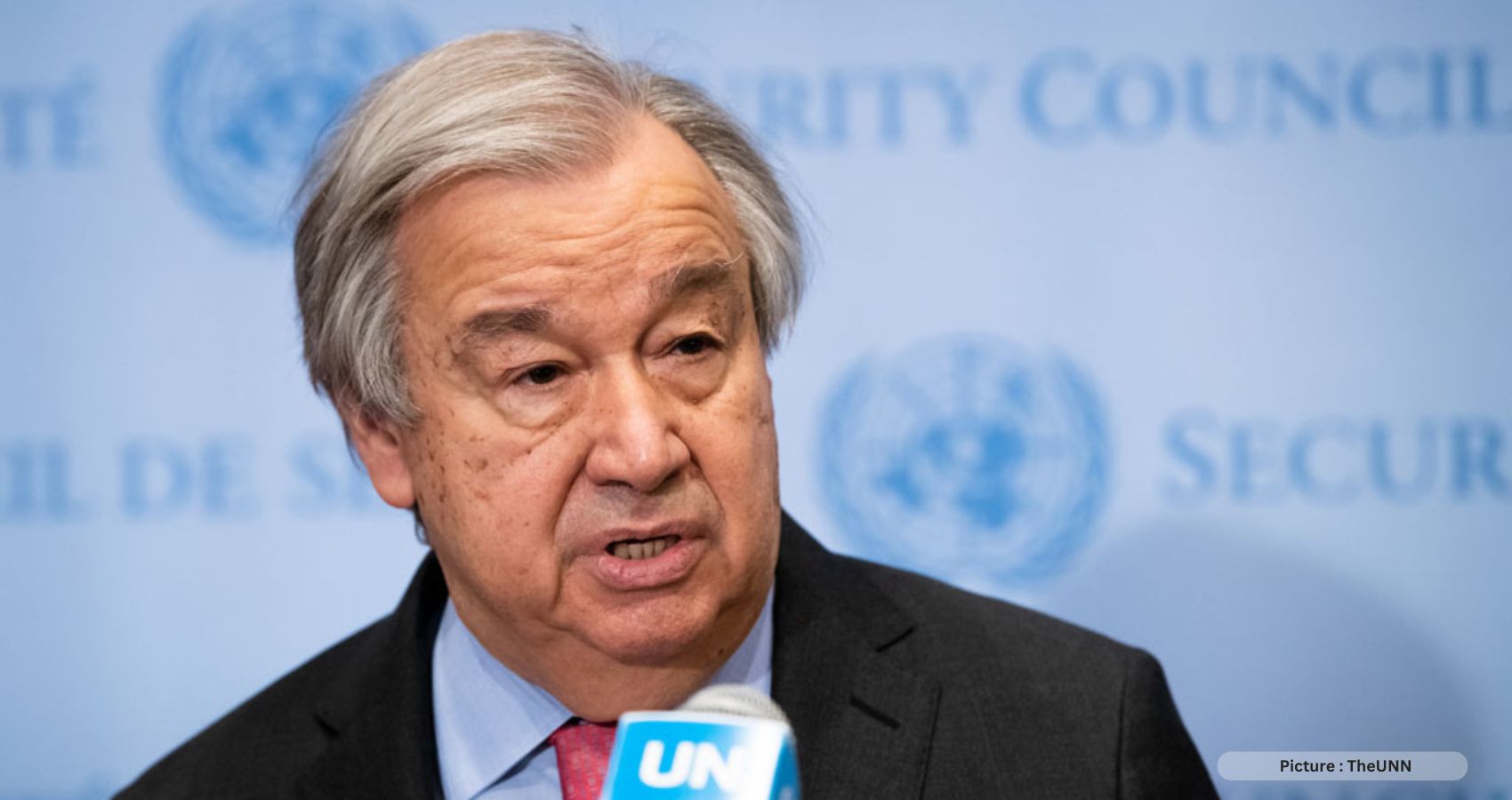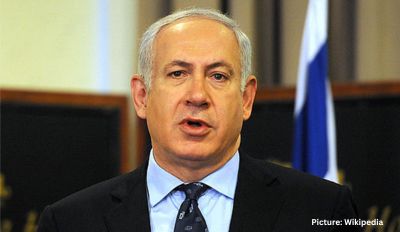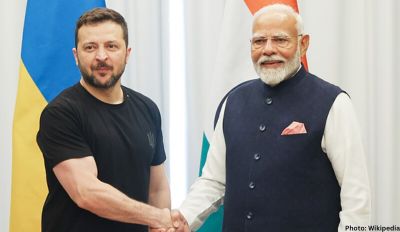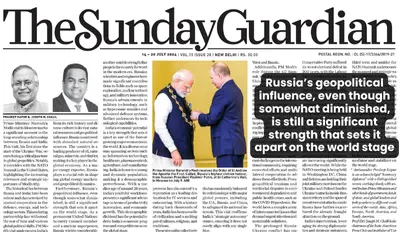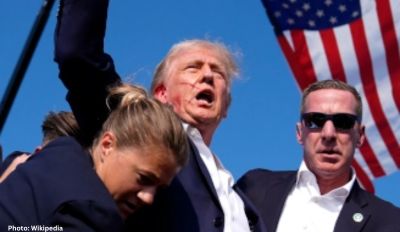The 2023 United Nations General Assembly, much like the previous year, has been engaged in discussions concerning the role of the United Nations and its member nations in addressing the crisis in Ukraine.
The United States and its allies continue to assert that the UN Charter mandates countries to support Ukraine in the conflict until its pre-2014 internationally recognized borders are restored. They argue that this obligation stems from Article 2:4 of the UN Charter, which prohibits the threat or use of force against a state’s territorial integrity or political independence in international relations.
According to their interpretation, Russia’s invasion of Ukraine constitutes a violation of Article 2:4, making any compromise or negotiated settlement unacceptable, regardless of the consequences of prolonging the war.
In contrast, other nations have advocated for a peaceful diplomatic resolution of the Ukraine conflict, emphasizing Article 2:3 of the UN Charter, which encourages members to settle international disputes through peaceful means to preserve international peace, security, and justice.
They also point to the UN’s purposes, outlined in Article 1:1, which include the resolution of international disputes through peaceful means, highlighting the urgency of diplomacy to swiftly end the war, given the risks of escalation and nuclear conflict.
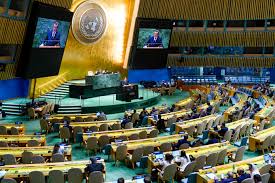 The Amir of Qatar expressed this sentiment to the General Assembly, stating, “A long-term truce has become the most looked-for aspiration by people in Europe and all over the world. We call on all parties to comply with the UN Charter and international law and resort to a radical peaceful solution based on these principles.”
The Amir of Qatar expressed this sentiment to the General Assembly, stating, “A long-term truce has become the most looked-for aspiration by people in Europe and all over the world. We call on all parties to comply with the UN Charter and international law and resort to a radical peaceful solution based on these principles.”
This year’s General Assembly has also addressed various other global crises, such as the failure to address climate change, the limited progress on the Sustainable Development Goals established in 2000, the persisting neocolonial economic system, and the pressing need for reform of the UN Security Council, which has fallen short of its primary duty to maintain peace and prevent conflict.
Leaders from different nations have raised concerns about abuses of power by the United States and Western nations. These include the occupation of Palestine, controversial and unlawful U.S. sanctions against countries like Cuba, Western exploitation of Africa, and a global financial system that exacerbates wealth and power inequalities worldwide.
Brazil’s President Lula da Silva addressed the Ukraine crisis, emphasizing the importance of dialogue and the UN’s role in promoting peace. He said, “The war in Ukraine exposes our collective inability to enforce the purposes and principles of the UN Charter. I have reiterated that work needs to be done to create space for negotiations… The international community must choose between the expansion of conflicts, furthering inequalities, and the renewal of multilateral institutions dedicated to promoting peace.”
President Biden’s speech at the General Assembly received criticism for being unclear and disjointed. President Gustavo Petro of Colombia highlighted the irony of humanity’s focus on war and conflict instead of working to extend life beyond Earth. He called for an end to wars in Ukraine, Palestine, and elsewhere and proposed two peace conferences, one for Ukraine and one for Palestine, to guide global peace efforts.
Other leaders, such as Prime Minister Ralph Gonsalves of St. Vincent and the Grenadines, rejected the notion that the central global struggle is between democracies and autocracies. He argued that the real conflict revolves around control, ownership, and distribution of the world’s resources. Gonsalves also urged Russia, NATO, and Ukraine to embrace peace to avoid a potential nuclear catastrophe.
Some NATO members, including Bulgaria, Hungary, and Spain, combined their denunciations of Russian aggression with pleas for peace, emphasizing the need to end the killing and destruction.
African leaders also took the opportunity to call for peace in Ukraine, highlighting the stark contrast between the world’s attention to the Ukraine conflict and its neglect of Africa’s challenges. They stressed the importance of ending the Ukraine conflict for global peace, energy security, and food security.
Leaders from approximately 50 countries voiced their support for peace in Ukraine at the 2023 UN General Assembly. They emphasized the principles of the UN Charter, the urgency of diplomatic solutions, and the need to prevent further violence in Ukraine. The international community appears united in its commitment to preserving territorial integrity, sovereignty, and peace.

